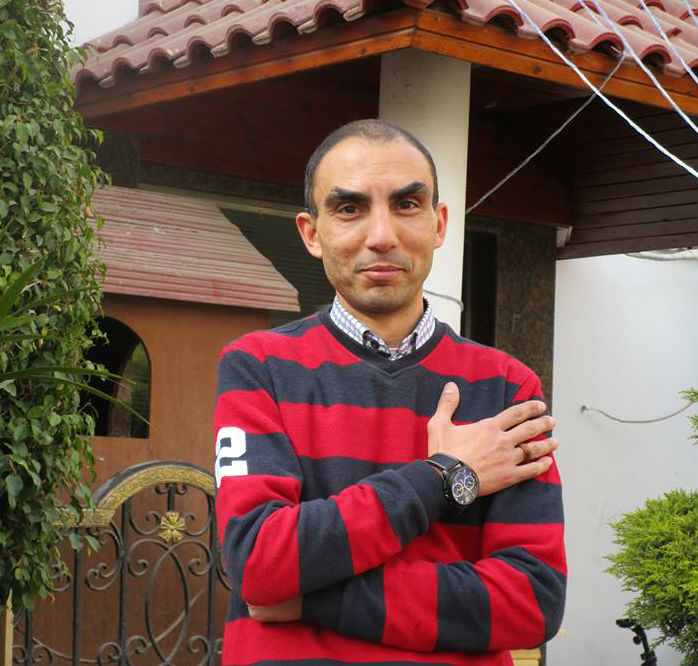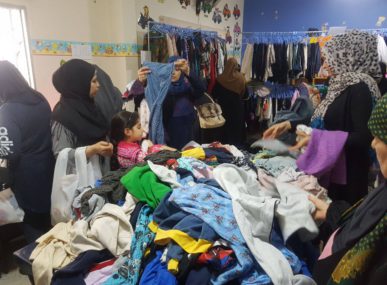Zagazig has various ways of luring outsiders to the eastern Nile Delta: the town’s rich history stretches back to ancient Egypt, it boasts one of the country’s largest universities, and world-famous Al-Azhar University has its own branch there. Yet Zagazig’s appeal is blighted by piles of unclaimed garbage, according to Ahmed Al Masry, Hand 2 Hand’s founder.
Zagazig, Egypt
Resource Efficiency and Sustainable Waste Management, Sustainable Food and Agriculture
Hand 2 Hand is a community-oriented project aimed at making Zagazig, a city in Egypt’s Nile Delta, a cleaner and safer city. The holisitic initiative links garbage scavengers with farmers and recycling plants; the former can convert organic waste into top-quality compost, while the latter need discarded plastic to fuel their recycling businesses. In this way, Hand 2 Hand is creating a system of mutual benefit and environmental sustainability.
“Through our business, we reduce soil, air, and water pollution. We educate the community on the importance of a clean environment.”
Ahmed Al Masry, founder of Hand 2 HandAl Masry adds that the mountains of trash also create social problems in Zagazig. Some parents encourage their children to sift through garbage for valuable materials – a surprisingly lucrative business in Egypt’s main cities – rather attending school. The children’s working conditions are deplorable, since they must sort through piles containing everything from broken glass to soiled diapers.
Hand 2 Hand has traced the environmental and social toll of Zagazig’s garbage to a key, originating problem: most Egyptian households do not sort their garbage into organic, recyclable and landfill. “Hand 2 Hand aims to clean up garbage dumps through awareness campaigns,” said Al Masry. “We are persuading residents to keep the streets clean, reduce their consumption, and sort their garbage.” Hand 2 Hand’s campaign will run practical workshops for Zagazig residents to show them how to sort their garbage.
Beyond households, Hand 2 Hand will also build awareness amongst local farmers about the benefits of using organic compost instead of chemical fertilizers. Al Masry’s team will coordinate the supply chain from garbage scavengers to farmers, handling the conversion of organic waste into compost and biogas. Al Masry expects that Hand 2 Hand to generate 5 tons of organic waste to begin with, which should reach 100 tons after three years. Separately, Hand 2 Hand will help scavangers to sell salvaged plastic to recycling companies for profit.

But Al Masry wants to do even more for Zagazig’s garbage scavengers, many of whom will remain trapped in their current poverty cycle without longer term help. For this reason, Hand 2 Hand will provide education for the scavengers’ children, giving them a broader range of options than their parents had.
SwitchMed is providing green entrepreneurs like Ahmed with the tools to establish comprehensive projects, which blend entrepreneurship and social awareness. By improving Zagazig’s waste management, Hand 2 Hand boost public health and prevent environmental pollution by sorting and selling a projected 20 tons of paper and 24 tons of plastic each month.
“I believe that the environment does not only belong to present generations, but also to future ones. We must protect and preserve resources for their sake,” adds Al Masry.
The story was originally published on the SwitchMed website.


